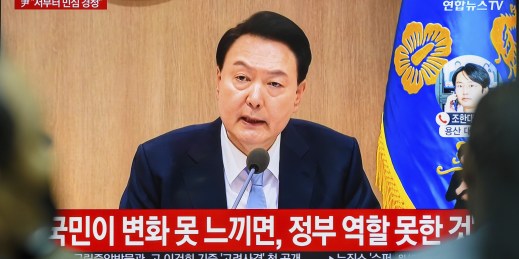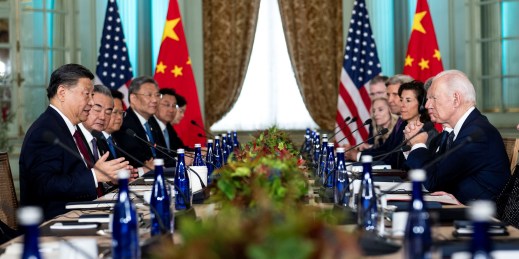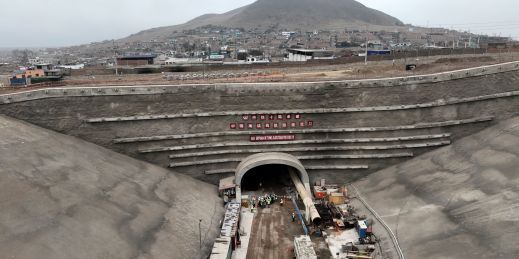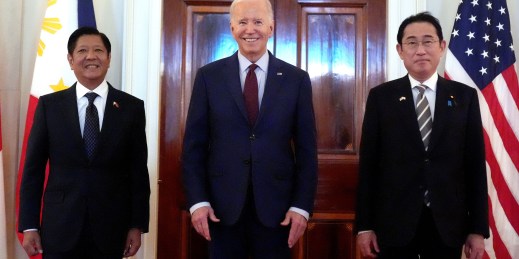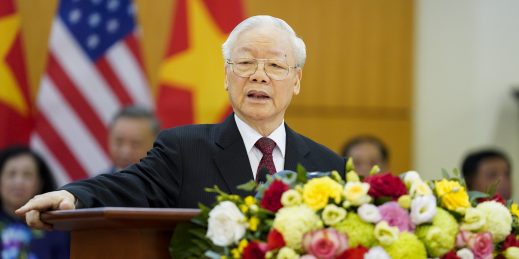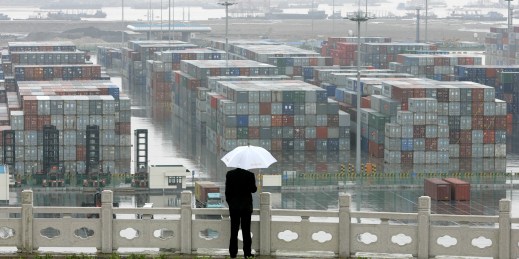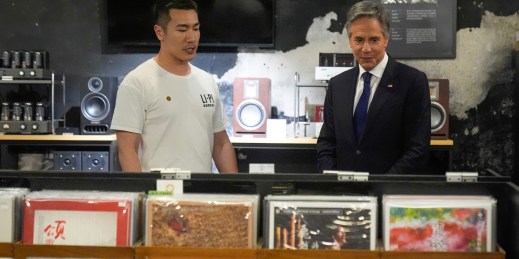
Recent visits to China by Biden administration officials have sought to humanize the bilateral relationship and broaden it out beyond the tensions on display between the two governments. With limited access to uncensored information in China and people-to-people exchanges at very low levels, this is harder than perhaps ever before.


